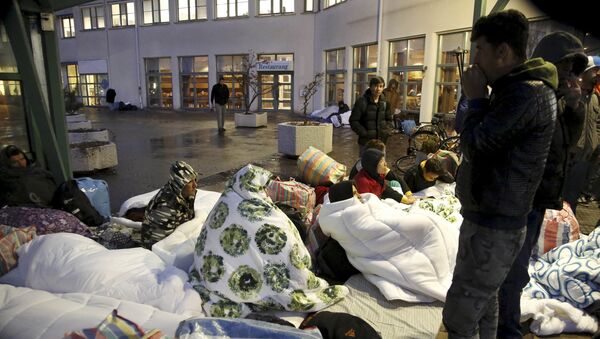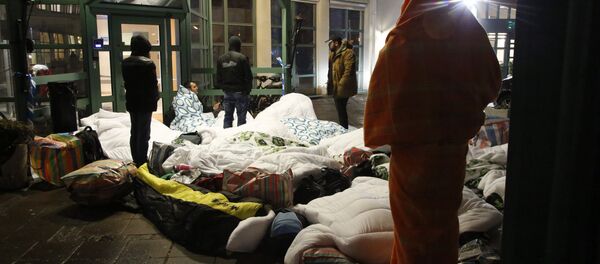Sweden, traditionally the most welcoming country in the EU for asylum seekers, took in some 35,000 unaccompanied refugees last year. Many arrive without identity documents, and the migration authority, among other investigatory processes, conducts an age assessment of every applicant. But the age tests have been criticized for inaccuracy. Among other consistent problems, if an applicant is not clearly over 18 years old, they are simply registered as a child.
The new assessment system will tackle cases in which adults claiming to be teens appeared to be as old as 40. According to the migration board, 70 percent of those who asserted to be between 15-17 years old aroused suspicion.
"There are only a few cases of course, but they have definitely been between 30 and 40 years old," pediatrician Josef Milerad stated, according to Swedish tabloid Expressen. Milerad reexamined migration agency child classifications and presumed that some 40 percent were between 20-25 years old, and a few almost 40.
Last year Sweden received more refugees per capita than any other country in Europe. According to a recent poll carried out by research company Inizio, for local newspaper Aftonbladet, today fewer native-born Swedes are willing to help asylum seekers. Compared to 54 percent in 2015, only 30 percent today would "definitely" help asylum seekers. As for the possibility of taking in additional refugees, only 13 percent agree today, a steep drop from 31 percent in 2015. A growing reluctance toward immigration is attributed to a lack of support and burden-sharing from EU neighbors, as well as increased civil unrest and crime in the country.
At the end of the last year, Sweden's deputy prime minister, Åsa Romson, announced that Sweden was no longer capable of receiving refugees at the same levels it has in the past.



